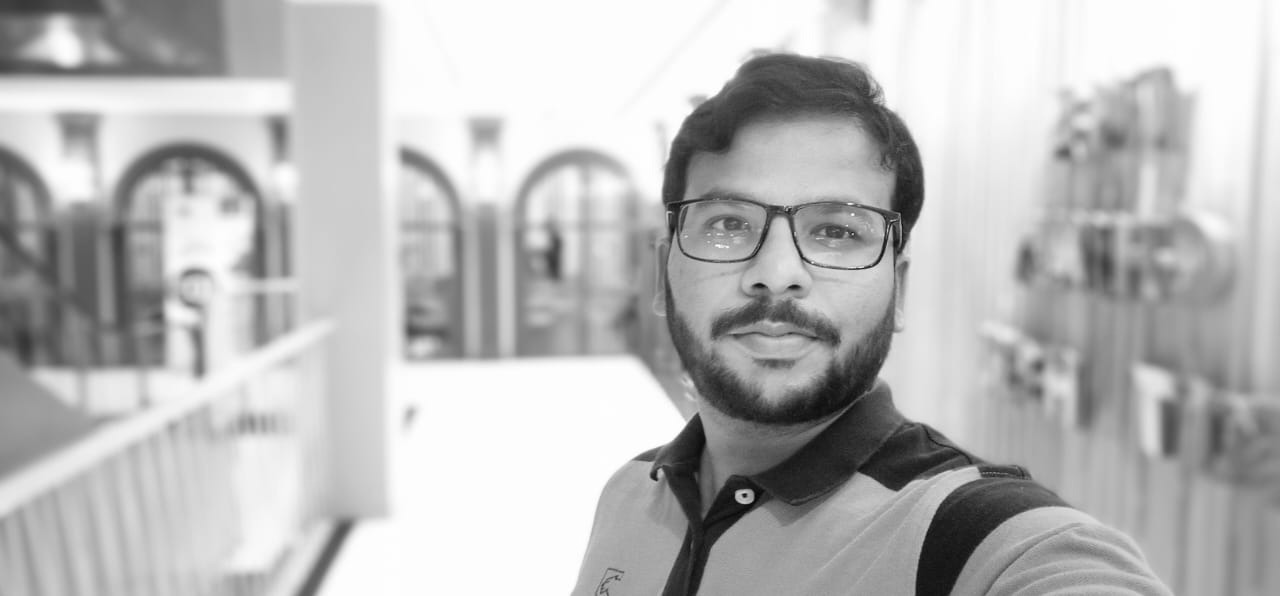By: Zeeshan Shahzad
Pakistan’s education system faces critical challenges that hinder the country’s progress and innovation. With approximately 240 million children out of school, the education sector is under severe strain. While many students do attend schools, colleges, and universities, the system’s current approach fails to foster groundbreaking discoveries and scientific advancements.
Pakistan’s educational achievements starkly contrast with global standards. The only Pakistani Nobel laureate, Dr. Abdul Salam, was awarded in 1979 for his work on electromagnetic forces. Since then, the country has seen a notable lack of similar accolades, raising concerns about the effectiveness of its educational practices.
A significant issue is the prevalent rote learning, often referred to as the “Ratta” system. This approach emphasizes memorization over creativity, with students required to learn and recite predetermined essays for exams. For instance, students memorize specific topics like “My Best Friend” or “My School,” and deviations from these prescribed essays result in zero marks. This method stifles creative thinking and problem-solving skills.
Educational experts argue that introducing creative essay topics, such as “What Do You Want to Do in Your Life?” or “A Day in My School,” could enhance students’ critical thinking and writing skills. However, the current system’s focus on rote learning limits students’ ability to think independently and express original ideas.
The impact of rote learning becomes evident when students face challenges in7 essay-based competitions and critical examinations like the CSS (Central Superior Services) exam. Many candidates struggle with the English essay paper due to their background in rote memorization rather than creative thinking.
In contrast, students from O and A levels often excel in English composition and expression. This success is attributed to their curriculum, which encourages creativity, critical thinking, and original responses across all subjects, rather than rote learning.
To address these issues, experts call for significant reforms in Pakistan’s education system. Eliminating rote learning and focusing on innovative teaching methods could help bridge the gap between Pakistani students and their global peers. Education reform is seen as crucial to transforming Pakistan into a more competitive and creative society.
As Nelson Mandela aptly put it, “Education is the most powerful weapon which youe can use to change the world.” It is time for Pakistan to embrace this philosophy and revamp its education system to ensure that young minds are equipped to thrive and contribute effectively to global progress.


